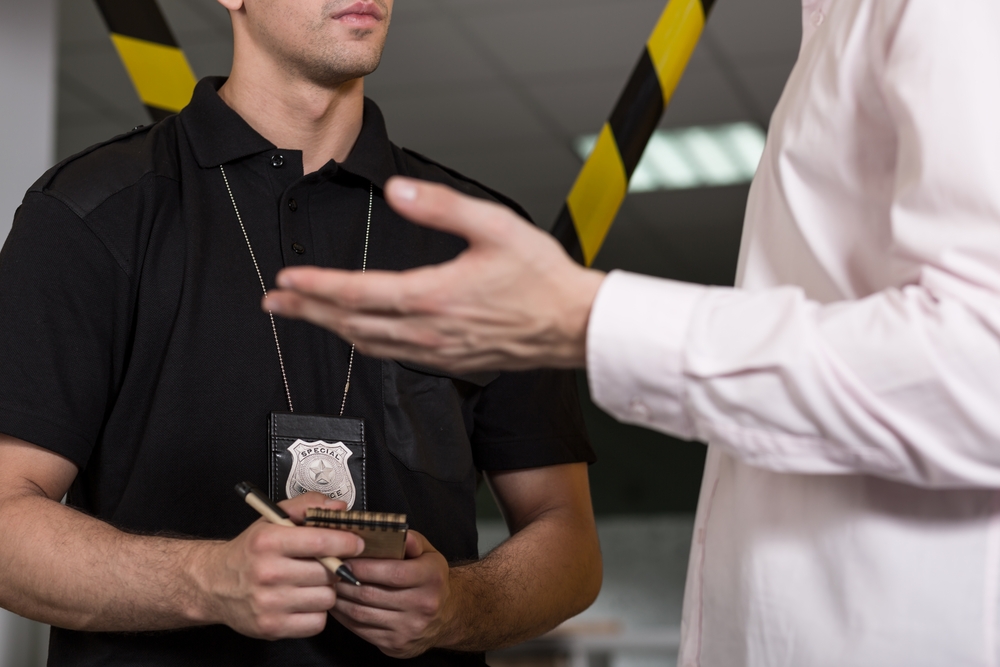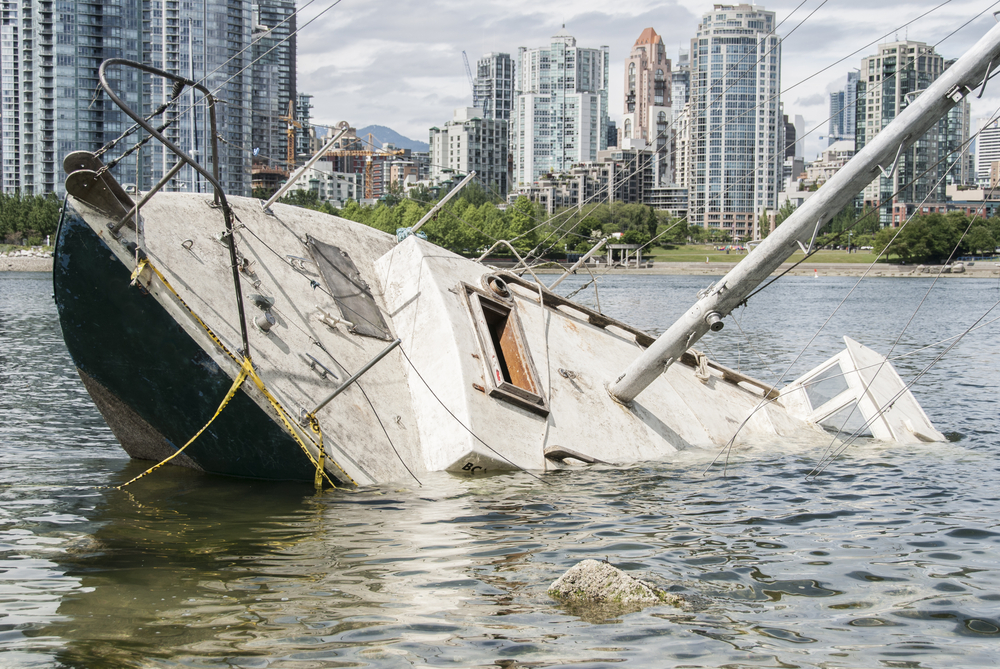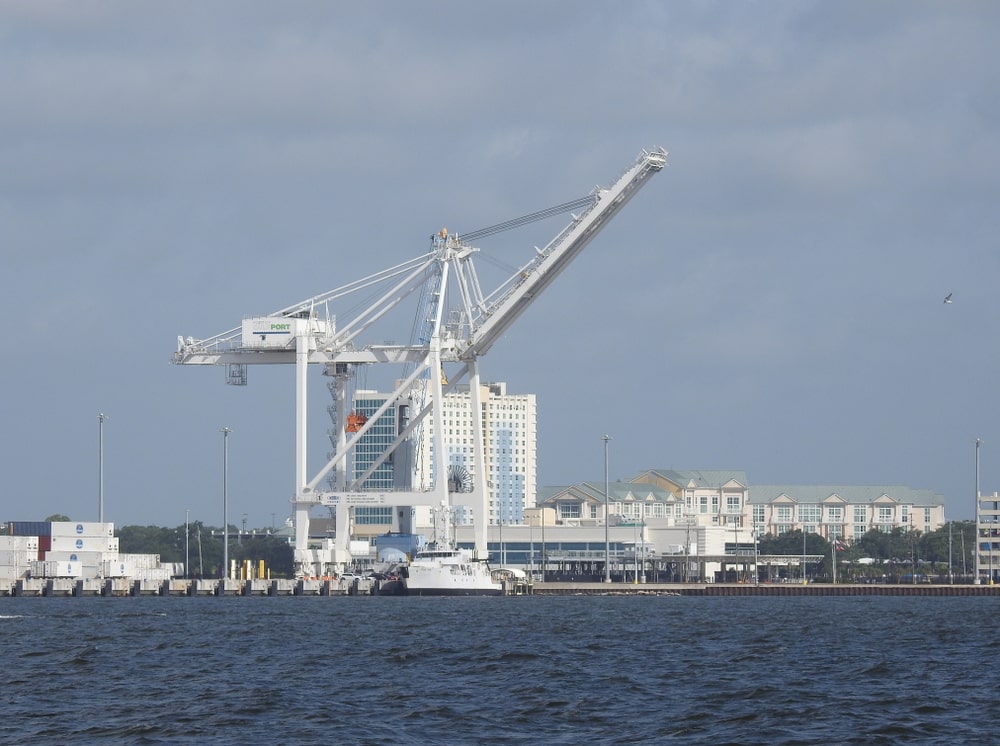What are the 100 Deadly Days of Summer? Understanding Risks and Protecting Your Rights
The Most Dangerous Time on the Road Summer should be a time of relaxation and fun, but it also marks the start of a perilous period for drivers: the 100 Deadly Days of Summer. This term refers to the days between Memorial Day and Labor Day, notorious for a spike in car accidents, particularly involving young drivers. As a seasoned accident attorney with Tucker Law in Fort Lauderdale, I’ve seen firsthand the devastating impact of these accidents. This blog aims to educate you on how to navigate the aftermath of a car accident and the importance of securing skilled legal representation. Why Are These Days So Dangerous? Several factors contribute to the increased risk during these summer months: Increased traffic: With schools out and families embarking on road trips, there's significantly more traffic. Novice drivers: Teen drivers, out of school and on the roads, lack experience, which can lead to critical errors in judgment. Holiday celebrations: Holidays like the Fourth of July and Labor Day often involve alcohol, which can result in impaired driving. Navigating the Aftermath of an Accident If you find yourself involved in a car accident, taking the right steps can significantly affect the outcome of any claims or legal proceedings that follow. Here are some key tips: Safety first: Check for injuries and ensure that you and your passengers are safe. Move to a safe location if possible. Call the police: A police report is vital as it documents the incident and provides an official account of the accident. Document everything: Take pictures of the scene, the vehicles involved, and any visible injuries. Exchange information: Get the contact and insurance details of the other driver but avoid discussing fault or details [...]







